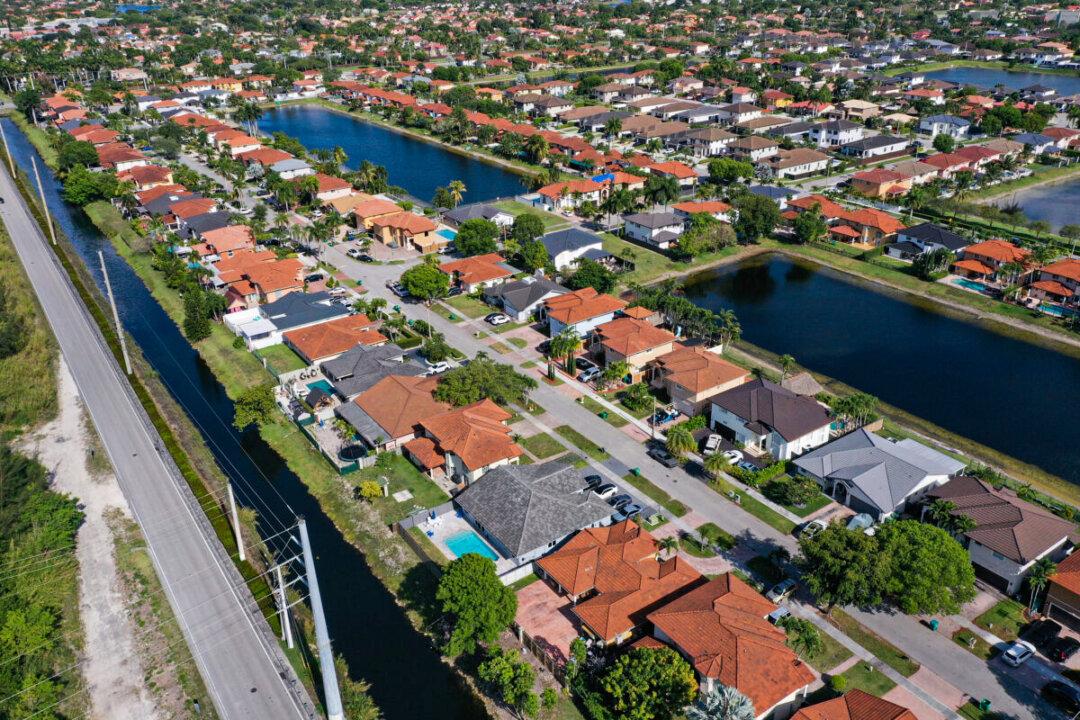The Biden administration is encouraging local municipalities across the nation to change zoning rules to create higher-density neighborhoods. The plan has elements of the racial and environmental agendas Biden has been advancing on most fronts.
The Housing Supply Action Plan, announced in May, aims to ease housing costs by increasing the housing supply in every community.






